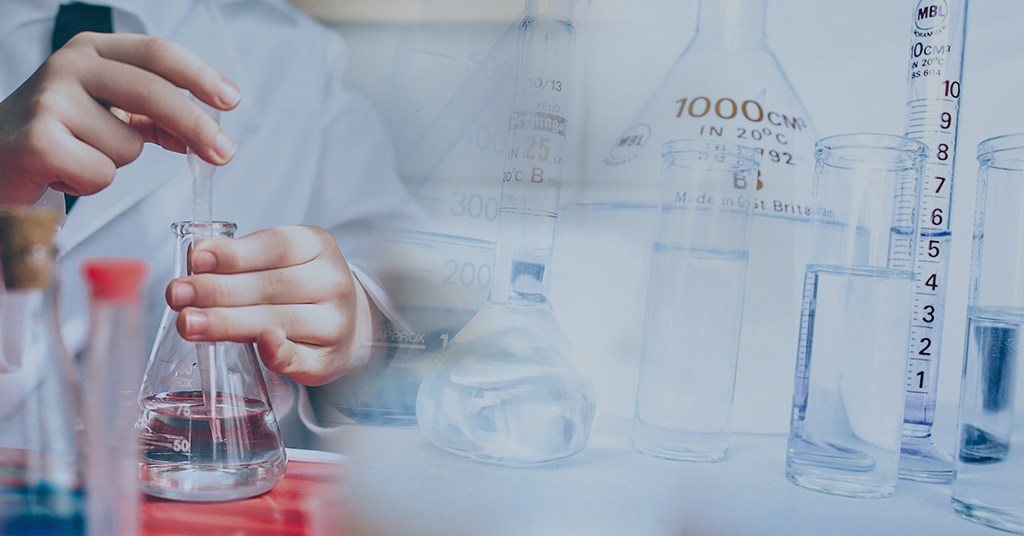Welcome To ChemAnalyst

During the initial quarter of 2023, ethanol emerged as the predominant contributor, representing more than three-quarters of the credits generated under Washington State's Clean Fuel Standard (CFS), according to data disclosed by the Washington Department of Ecology in September.
The legislative framework for Washington's Clean Fuel Standard was enacted by Governor Jay Inslee in May 2021. This regulatory initiative aims to curtail the collective greenhouse gas (GHG) emissions per unit of energy in transportation fuels to 20 percent below 2027 levels by the year 2035.
The implementation of the program follows a phased approach. For the years 2023 and 2024, it involves a maximum reduction of 0.5 percent annually. Subsequently, from 2025 through 2027, there is an additional reduction of no more than 1 percent each year. The succeeding phase, spanning 2028 through 2031, introduces a further reduction of no more than 1.5 percent annually. The years 2032 and 2033 maintain a status quo with no additional changes.
Washington's Clean Fuel Standard operates on the basis of evaluating fuels to determine their carbon intensity (CI). Fuels with CI scores falling below the specified standard generate credits, which can either be retained or traded to producers of high-carbon fuels. Conversely, fuels surpassing the CI standard result in deficits. Producers of these high-CI fuels are then required to purchase sufficient credits to fulfill the program's CI reduction mandate for a given year.
As indicated by a summary of first-quarter 2023 data released by the Washington Department of Ecology, a total of 275,442 credits and 227,768 deficits were generated under the Clean Fuel Standard during the three-month period. Ethanol notably constituted 176,808 credits, accounting for nearly 78 percent of the overall 275,442 credits generated in the initial quarter of this year.
In addition to ethanol, other renewable fuels contributed to the credit landscape. Renewable diesel played a role in generating 33,491 credits, while biodiesel contributed 32,592 credits. Furthermore, electricity accounted for 29,804 credits. A smaller proportion of 2,747 credits was attributed to propane and natural gas, both falling beneath the 2023 carbon intensity target.
The data underscores the substantial impact of ethanol in shaping the credits landscape within Washington State's Clean Fuel Standard. This dominance aligns with the program's overarching goal of encouraging lower-carbon intensity fuels and reducing overall greenhouse gas emissions in the transportation sector.
The legislative foundations set by Governor Jay Inslee in 2021, coupled with the tangible outcomes evident in the first quarter of 2023, indicate an active pursuit of Washington State's commitment to environmental sustainability and the reduction of carbon emissions in the transportation sector. The prominence of ethanol in this scenario signifies its pivotal role in contributing to cleaner energy solutions within the state's broader environmental objectives.
We use cookies to deliver the best possible experience on our website. To learn more, visit our Privacy Policy. By continuing to use this site or by closing this box, you consent to our use of cookies. More info.
